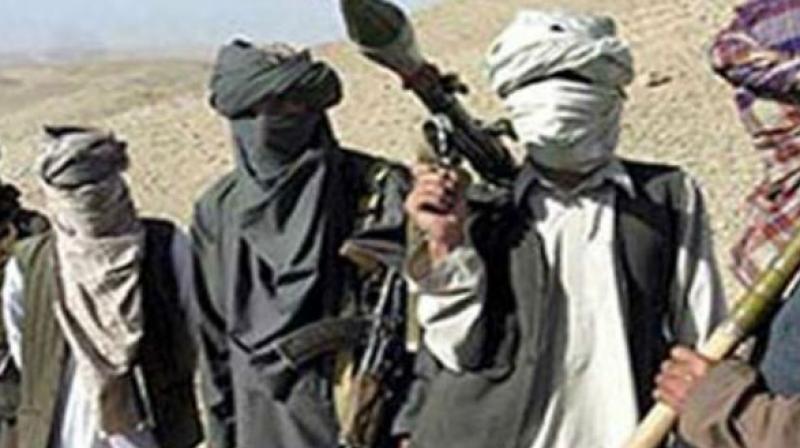World needs more women as mediators for peace
The countries that have experienced war on a large scale have now grown into major exporters of war weapons.

In a world of widespread conflicts, wars and political upheavals, the need for individuals and groups who can play their role of peace builders, negotiators and mediators is more urgent than ever before. A large war infrastructure has been built, through the manufacture and sales of arms and ammunition. The countries that have experienced war on a large scale have now grown into major exporters of war weapons. They call for peace among nations on the one hand, and promote cultures based on phobias and mistrust on the other.
In this situation, it is imperative that a peace “infrastructure” be created and sustained. This can comprise of peace communities and networks, both women and men, who interact across ethnic, political and social divides to bring people together in dialogue and debate, provide assistance in listening more effectively and in resolution of valid disputes.
The UN Resolution 1325 on Women, Peace and Security, adopted in October 2000, calls for the increased and consistent role of women in the prevention of conflict and in peace building, negotiating settlements and mediation as well as in handling post-conflict issues. Of the 193 member states of the UN, 185 have adopted this resolution.
The dichotomy in the effort to ensure participation of women in peace mediation is based on the assumptions that conflicts can be managed and peace achieved while half the population that has been probably one of the most affected groups is left out of decision-making and that women can, at best, address women-related (read soft) issues.
Many governments hesitate to involve women because the latter can see the wider picture; they bring to the debate issues that affect both sides and not just that of their own government. This is, in fact, what mediation is about. Intuitively and with their ability for empathy, women understand the “other” point of view. They can create an environment whereby issues can be discussed openly, analysed, options found, pros and cons for all parties assessed and the most preferred for all agreed upon. As peace builders, they are most effective in reconciliation and collective healing processes. As one woman diplomat put it, empathy is within the DNA of women.
Unfortunately, we continue to see the consequences of absence of women in the political, economic and social scene: they do not usually make conflicts or start wars, yet they are utilised as tools of war, suffer rape and are used as sex slaves. They suffer physically, mentally and emotionally, not only during the times of conflict but also afterwards. Their access to resources and health and education services reduces drastically, as has been shown in Afghanistan, Yemen, Syria, Kashmir and northwest Pakistan.
Incidences of child marriages, selling of girl children and human trafficking increase. But the points of view of women are rarely taken into consideration when the warring parties come to the negotiating table to talk peace and rehabilitation. The peace settlement that excludes women is less than half as effective, and possibly even distortive.
Equally, involving women so that a box on the gender-sensitive checklist can be ticked off, or to bring in only a gender-sensitive perspective means that their role is only a supplementary one and can be ignored if and when deemed convenient. There is the underlying assumption that women cannot have the wide-ranging skills necessary for higher levels of mediation.
Today, there are women, although in small numbers, who are working as mediators within communities, between communities and the corporate sector.
Noting the slow responses to action, the UN has been re-emphasising the clauses of the resolution. Since 2017, there has been increased support for networks of women mediators, including in Africa, the Mediterranean and Nordic regions and across the Commonwealth. Members are women who have been working in areas of conflict in various capacities and at various levels and come together for peer-to-peer learning, provision of expertise, strategic advocacy, participation in peace processes and mediation at various levels.
As they build up their expertise further, it is important for UN agencies involved in peace building and mediation and states to interact and collaborate with these networks and use their members’ expertise.
There are already efforts to involve women in the peace talks between the Afghan Taliban, Afghanistan, the US and Pakistan. These need to be implemented and sustained substantively. Similar processes need to be followed in West Asia and South Asia, particularly if and when a dialogue opens between India and Pakistan. The continuing coldness between Pakistan and Bangladesh might gain from a reconciliation process initiated by women. Within countries too, ethnic and political strife may benefit by including women with an understanding of issues in multi-group dialogues.
By arrangement with Dawn

